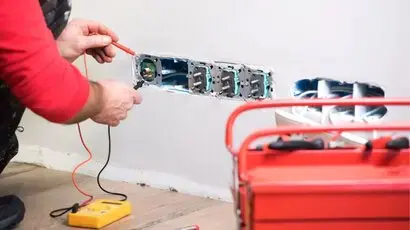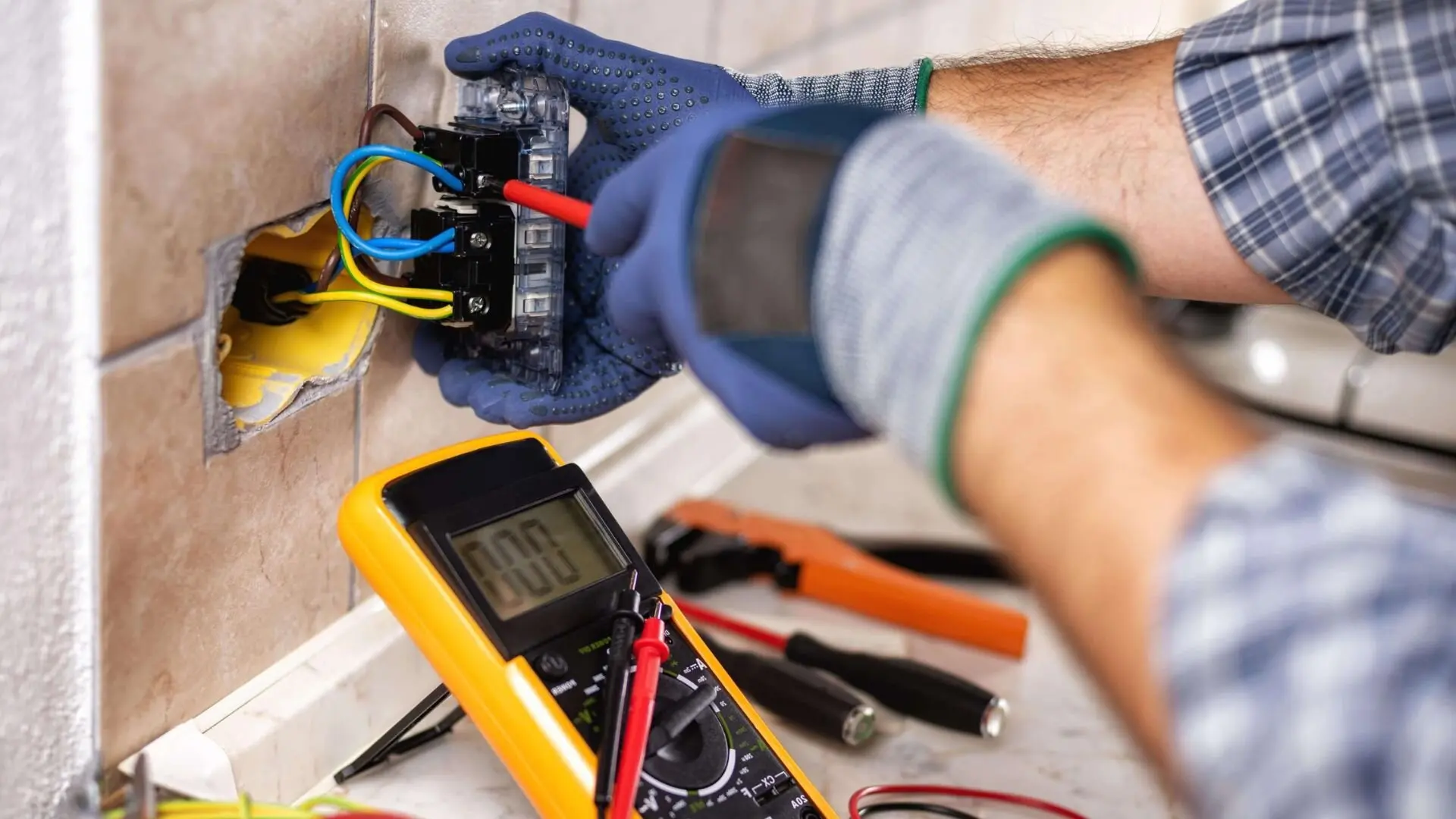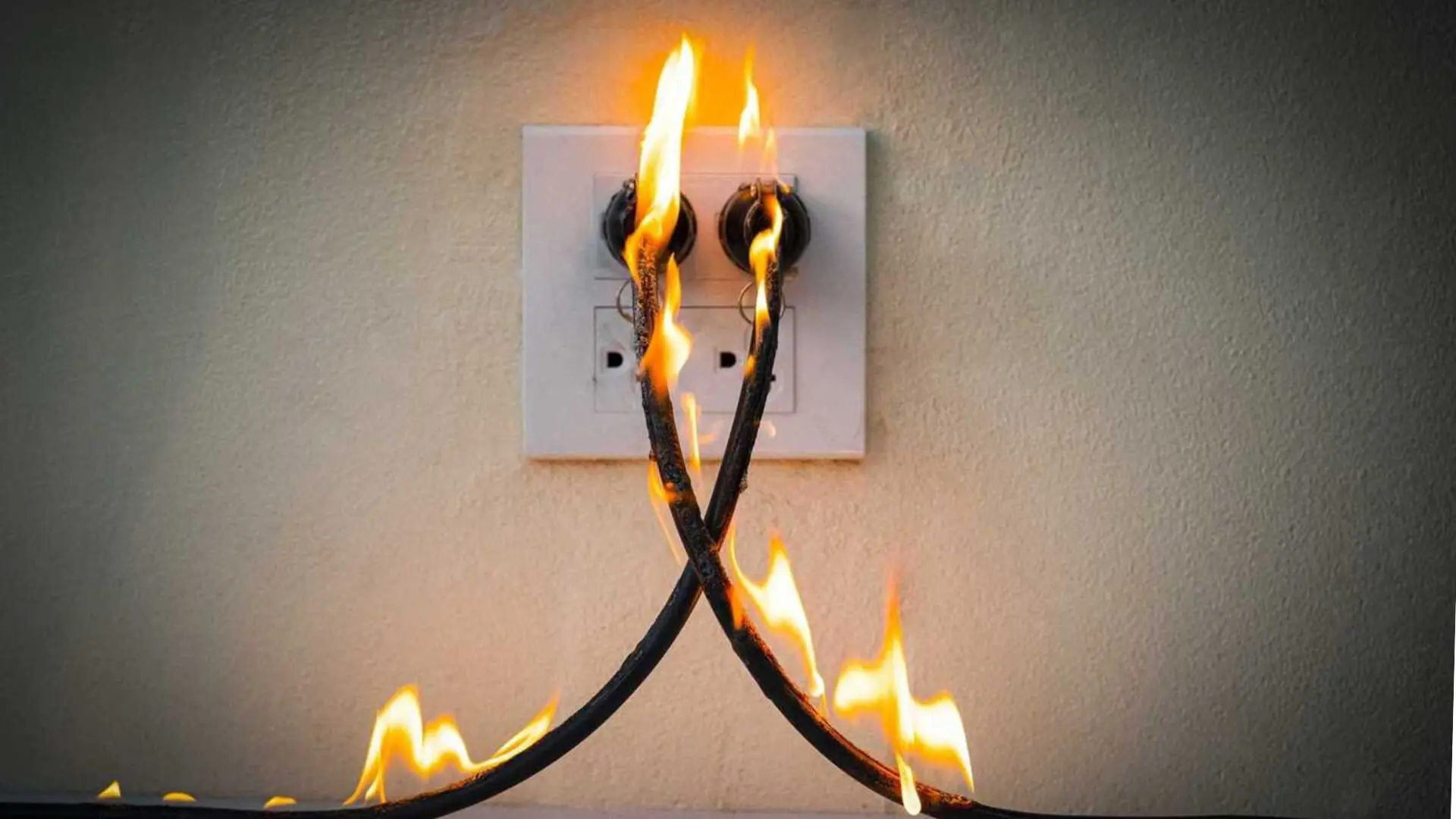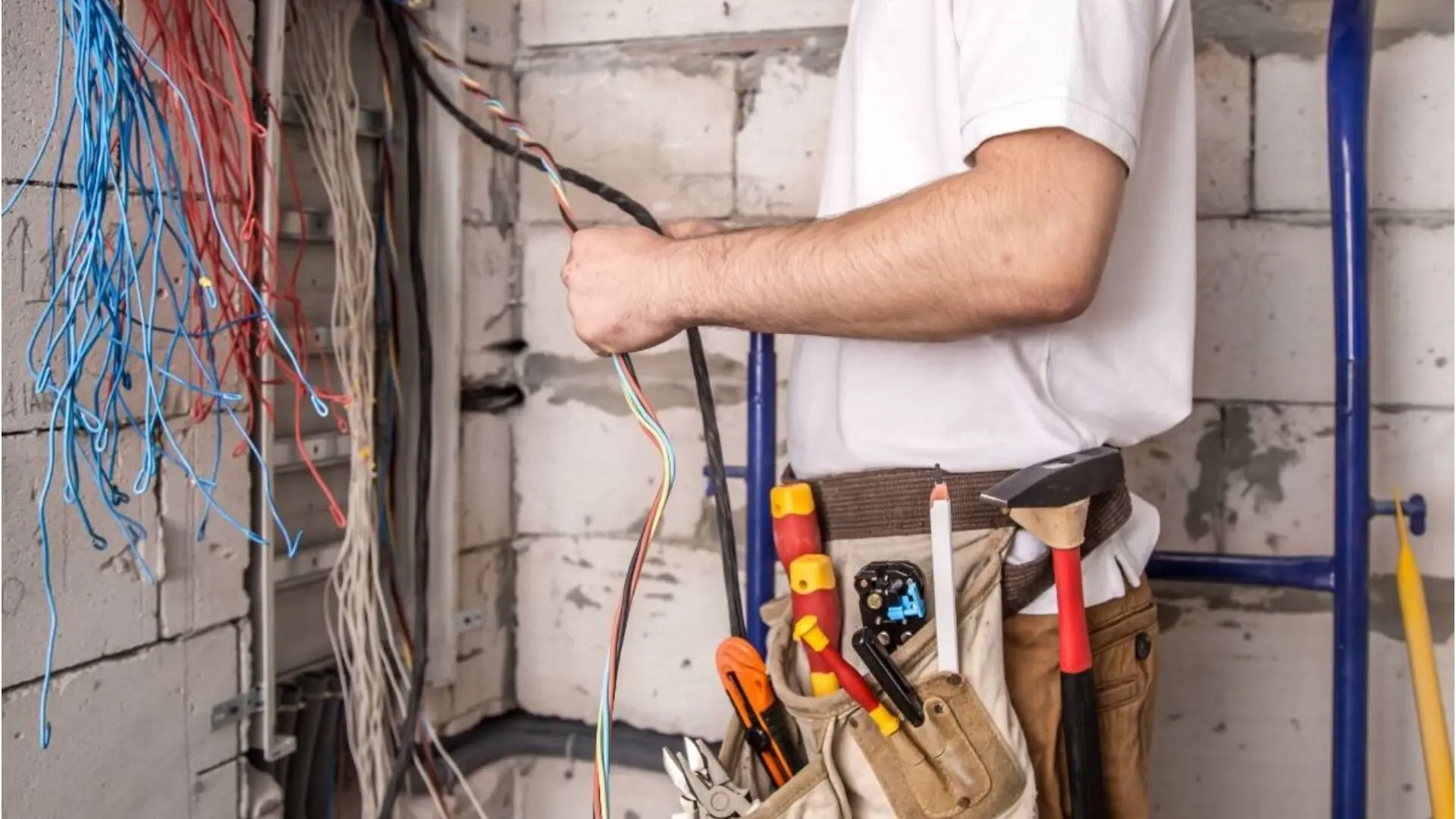
Get your free Melbourne Electrician quote today!
Our team of Melbourne Electricians is here to help you with any questions or concerns you may have. We’re committed to providing you with the best possible service and support.
Discover what constitutes an electrical emergency, how to respond safely, and tips to avoid electrical fires, shock hazards, and damage in your home. Stay vigilant and call electricians immediately.
Electricity is essential in our daily lives, from powering the lights to maintaining a comfortable home. Yet, the electrical systems we depend on often go unnoticed until trouble arises. While many electrical problems are routine, not every issue demands urgent action. Some are mere annoyances, but others can pose significant risks if left unchecked.
But how can you tell when an electrical issue becomes an emergency needing immediate repairs? What exactly qualifies as an electrical emergency posing an immediate safety threat? Unfortunately, many homeowners and facility managers are unsure how to identify such emergencies or what actions to take when they occur. Missing these crucial warning signs can lead to devastating outcomes, like massive fire damage, serious electrocution injuries, or worse.
Understanding the basics of electrical emergencies can be life-saving. This guide will cover the most common signs that indicate urgent electrical issues needing immediate attention. You’ll discover safety tips for dealing with electrical faults and learn how to protect your systems with proactive maintenance.
Keep reading to learn what makes an electrical problem urgent, how to keep safe when issues pop up, and some crucial strategies to steer clear of dangerous electrical situations from the get-go.
What Qualifies As An Electrical Emergency?
An electrical emergency is any sudden electrical problem that poses an immediate safety risk, such as:

Power Outages/No Power
A total loss of electricity is always an emergency. Even if the outage appears minor, don’t take chances.
Flickering or Dimming Lights
If lights flicker, pulse, or dim inexplicably, it likely means major electrical issues are happening behind the scenes. This requires immediate attention to prevent a fire.
Burning Smell/Smoke
If you smell burning plastic or smoke emanating from an outlet, switch or appliance, the walls could have dangerous electrical arcing or overloaded wires. Electrical fires can spread in seconds, so fast action is essential.
Sparks
You should never see sparks or electrical arcing from outlets, cords or appliances. Sparks indicate live wires or other highly hazardous electrical circumstances.
Shocks/Electrocution Risk
Repeated zapping or shocking from an appliance, switch or outlet can signal electrocution risk and an underlying electrical problem.
Buzzing/Humming Noise
Unusual buzzing or humming from an outlet is often due to loose wiring. This could ignite surrounding materials, making it critical to address.
Dangers of Electrical Emergencies
While it’s expected to overlook occasional flickering lights or strange electrical smells at the moment, it’s essential to understand why electrical emergencies require an urgent response and can’t be brushed aside. The loose connections, faulty wiring, worn insulation and bare conductors that cause flickering or dimming can generate extreme heat levels.
This heat often ignites surrounding combustible materials, engulfing walls or entire buildings in flames within minutes. Exposed, live wires or malfunctioning electrical outlets also pose deadly electric shock hazards, often requiring immediate attention from emergency electrical services to prevent further risks. A tripped circuit breaker could also be a critical warning sign of underlying issues.
Energised surfaces or unchecked arcing turn floors, walls and other surfaces into lethal electric currents. Any amount of electricity passing through the body can lead to severe burns, cardiac arrest, nerve damage or worse.

Overloaded circuits are equally hazardous, producing power spikes and surges that fry connected appliances and electronics. Stopping these significant surges quickly prevents thousands of damaged equipment and replacement costs.
Lastly, seemingly minor issues like flickering lights often disguise more significant underlying problems within walls or underground. Ignoring early warning signs allows this unseen damage to increase, leading to exponentially dangerous faults and sky-high repair bills down the road. The bottom line is that electrical issues, big and small, require attention, but the ones involving smoke, sparks, and shocks are emergencies for good reason.
What Should You Do In An Electrical Emergency?
When you encounter signs like sparking or smoke, indicating an urgent electrical issue, it’s vital to stay calm and follow these steps to ensure your safety:
1. Secure the Area
Turn off or unplug any visibly malfunctioning appliances, devices or electronics in the vicinity if it is safe to approach them. This helps limit the electrical hazard.
2. Evacuate Immediately If Needed
If you see smoke or fire, evacuate the building right away. Call the fire department from outside the structure. Do not try to put out an electrical fire yourself.
3. Shut Off Power When Possible
Shut down electricity to the main circuit breaker or electrical panel area if you can safely access it. This often requires an electrician’s help in larger buildings.
4. Avoid Contact with Live Wires
Never go near sparking, arcing or exposed wires yourself. Stay far away from the area and wait for professional assistance.
5. Call an Emergency Electrician ASAP
Contact a licensed, 24-hour emergency electrician promptly for urgent repairs. Never attempt to handle major electrical issues or rewiring on your own.
6. Wait for Official Clearance
Do not re-enter the building or switch power back on until electrical technicians deem it 100% safe. Rushing back inside prematurely can prove fatal.
Putting safety first by securing hazards, evacuating if needed, and calling electrical pros immediately gives you the best chance of resolving emergency electrical situations without injury or catastrophe.
Take Steps To Prevent Electrical Emergencies
Although some electrical problems catch us off guard, many can be prevented with proactive measures. Schedule comprehensive electrical inspections and needed repairs with a licensed electrician every 5-10 years. Professional maintenance can spot hidden issues in walls before they become serious.
Stay alert for early warning signs such as tripped breakers, flickering lights, or sparking outlets. Report these to an electrician right away to fix them before they lead to major failures.

Updating old electrical equipment is crucial, as outdated panels, wiring, and switches can pose significant safety hazards if they’re left unchanged. Immediately replace any equipment showing rust, cracks, deterioration, or other wear signs. It’s not worth risking safety on faulty components.
Additionally, you must take care to prevent overloads. Only plug a few devices into one outlet with splitters or extension cords. Overloaded circuits easily spark fires. Ensure all appliances and electrical tools are in good working order, with no damaged cords or plugs. Anything with exposed wiring or water damage cannot be used safely.
Ensure all new electrical installations and repairs are handled exclusively by licensed electricians. DIY electrical work often violates codes and creates dangerous risks. Following preventative, proactive maintenance steps diligently will help you avoid many electrical emergencies.
Don’t Brush Off Electrical Emergencies - Contact The Pros Right Away
Spotting and responding quickly to electrical emergencies can mean the difference between minor repairs and total catastrophes. If you notice any sparking outlets, burning smells from switches or appliances, repeated electrical shocks or other emergency indicators, do not delay calling an electrician immediately, no matter the hour. The faster you can get professional assessments and repairs, the safer your property and those inside will remain.
With responsive 24-hour electrical services and proven experience handling emergency electrical situations, contact our licensed electricians anytime in Melbourne for urgent repairs, replacements, and advice. We can diagnose issues, provide emergency fixes to stabilise the electrical system and follow up with any required remodelling or rewiring.
Don’t gamble with flickering lights, power surges, or strange electrical smells—get in touch with the electrical emergency experts right away!
Published by: Pascal Harb17 October 2025